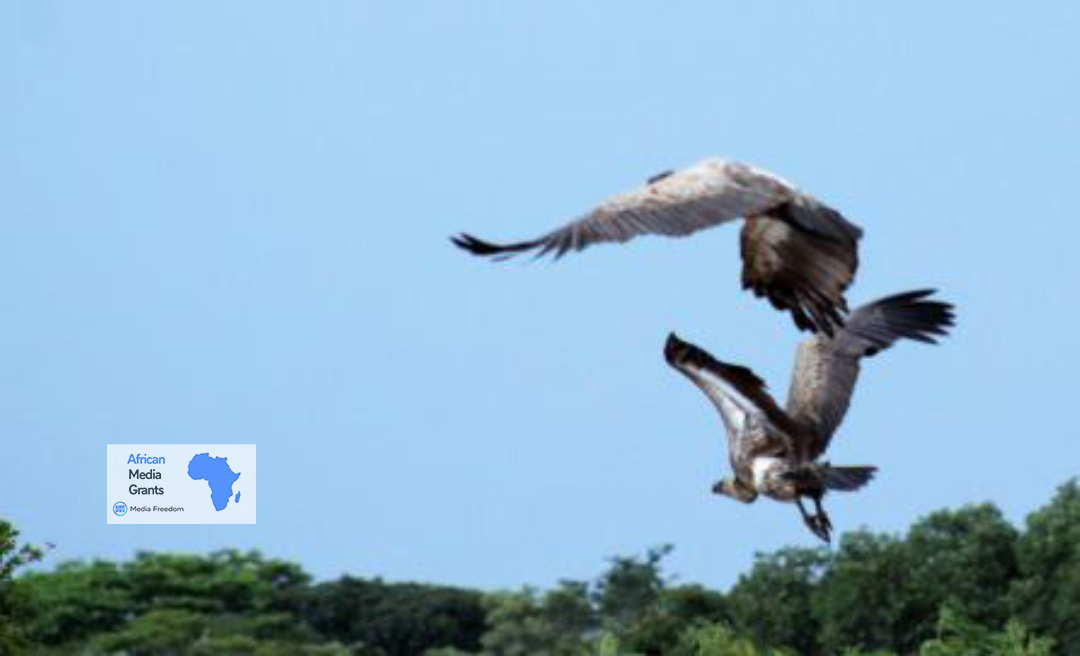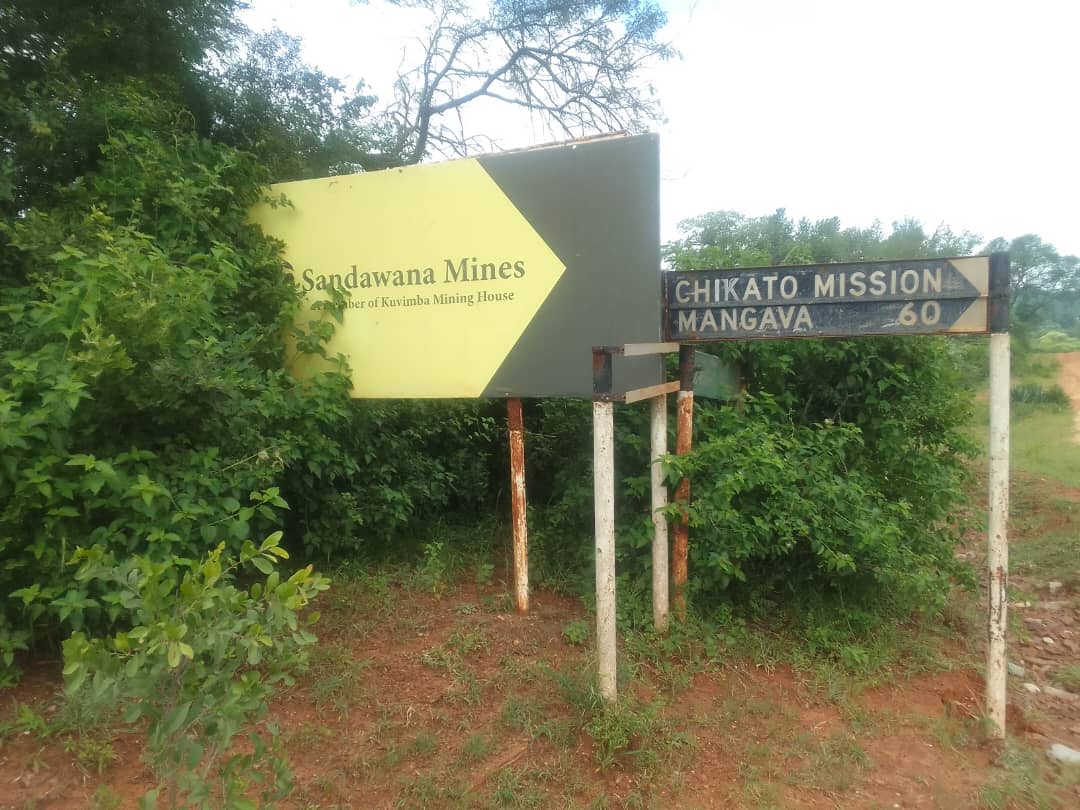Patrick Chitongo
If there was a law that required payment on unsolicited services, then several governments could be in arrears of over billions of dollars owed to vultures for their cleaning services.
There are three types of vultures; the white-beaked, the white-headed and the hooded, with the white-beaked being the most-endangered.
The large bird is a cog in the ecological matrix, and without them, several countries would be reeling on high procurement costs on medicines.
Vultures are by nature, earth cleaners: they eat anything dead, all animals and even human bodies. The birds do not make any choice on the state of the decomposed carcass.
In areas where there is anthrax, rabies or cholera outbreak, there is high mortality rate of animals, with anthrax capable of rapidly spreading to humans and other animals that consume the carrion.
Without vultures, remains of the contaminated carcass can be swept into water bodies, and in turn disturb the aqua system.
The spread of anthrax in a particular area is avoidable when vultures are involved.
The big bird eats the carcasses and clean the area before the disease spreads to other animals and humans.
Vultures also help in preventing cholera and tuberculosis through their unsolicited cleaning services.
Unfortunately, these very important birds of carrion are fast diminishing. In Zimbabwe, it is estimated that far fewer birds exist now that 30 years ago.
The birds are now found only in protected game areas, and never in communal areas as was the case long ago.
In these areas, vultures help detect poaching activities because they are quick to detect placed where animal would have been shot dead, and within minutes, they hover above.
This alerts game rangers who can then swiftly close in on the poachers.
In many cases, vultures have been found dead due to poisoning by poachers who are eager to cover their tracks and get away with wildlife crime.
In Gonarezhou, about 94 vultures were recently killed through poison from an elephant that was poisoned by poachers. In Hwange, a total of 200 birds were also killed in the same way in 2013.
Herbalists, charmers, sangomas and magicians believe that some portions of the bird’s body parts, concocted with other herbs, can be used for lucky and fortune telling.
Gamblers and sport betting fans strongly believe that wearing concocted ritual oils mixed with portions of flesh from the bird makes them all-weather winners.
Robbers and serial thieves do believe the same, and this raises highest desires to hunt and kill vultures which have a high active sense in foretelling.
Mythologists say vultures ‘dream’ about where to get their next meal and the ‘dreams’ almost always come true.
This is the reason why vultures are killed for their brains, claws and fat that are used as lucky charms.
The bird is however very difficult to capture or kill hence it is killed by humans mostly through poisoning.
Sometimes, poachers poison animals like elephants that they would have targeted, but vultures also become victims when they consume poisoned carcasses.
Despite the cleaning services that vultures offer to the environment, their lives are always in danger from humans.
#Lowveld Checkpoint/
This report was made possible through support from WAN-IFRA Media Freedom’s Strengthening African Media Programme: Climate Change and Environmental Reporting. Views expressed here do not belong to WAN-IFRA








